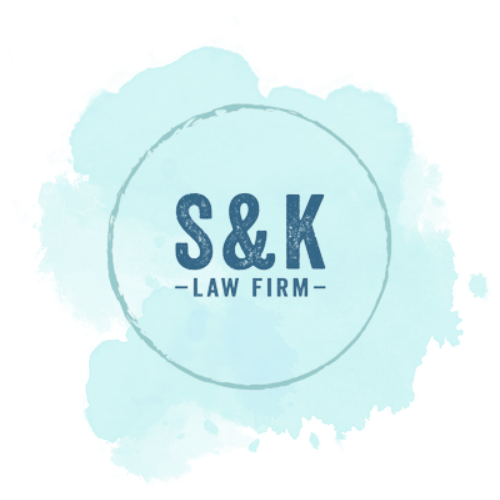What to Bring to an Initial Estate Planning Attorney Consultation
Have you scheduled a consultation with a Dallas estate planning attorney?
The initial meeting may be a somewhat stressful experience. Answering questions about your background and discussing your final wishes can be unsettling, and both are essential to the estate planning process. So, it’s only natural to feel a bit on edge when you’re heading to an attorney’s office for the first time. Knowing what to bring can make all the difference, and lawyers typically send out a questionnaire or a checklist to make it easier to prepare. If yours didn’t furnish one, here’s the information to gather before your initial estate planning attorney consultation.
Family Information
Make a list of all immediate family members, including your spouse, any former spouses or life partners and any children, stepchildren and grandchildren. Note their ages, birthdates and contact information, too, and any nicknames you might use. If your parents, siblings, cousins or anyone else are possible beneficiaries, guardians, executors or otherwise, your estate planning attorney will need their information as well.
Financial Information
During the initial consultation, your estate planning lawyer will be looking to get a rundown of your financial situation. To that end, it’s a good idea to jot down all of your bank accounts, stocks, bonds, annuities, mutual funds and U.S. treasury notes. If you have current statements, bring them, but you can expect your attorney to be more interested in the titling and the magnitude of the assets at this point.
Retirement Savings Information
Your estate planning attorney will need to know about your retirement savings, so be ready to provide information on any 401(k)s, 403(b)s, 457s, IRAs, TSPs, inherited accounts and pensions. Exact balances and current statements aren’t required for the initial consultation – the type of asset, the employer or institution where it’s held and beneficiary information are what your lawyer needs.
Life Insurance Information
As you prepare for your attorney consultation, make sure to gather copies of your life insurance binders, or the one-page documents that have the policy owner, policy number and death benefit listed. Knowing the type of policy – such as term, whole life or final expense – the beneficiary particulars and the company providing the insurance is helpful, but the exact death benefit is a crucial detail for estate planning.
Real Estate Information
For all of the real property you currently own – including your primary residence, vacation homes and business properties -- make a record of the address and your ownership interest, whether you have full rights and control, it’s a joint tenancy, tenancy-in-common or some other arrangement. If addition, make note of the current market value and any outstanding mortgage balances.
Tangible Property Information
As you and your estate planning attorney discuss your final wishes, any personal property of value should be considered. That being the case, you’ll want to come to the consultation with a list of the vehicles, collectibles, antiques, jewelry, artwork, and family heirlooms you own along with a description, the current physical location and the approximate market value of each item.
Business Information
If you own or operate a business, your estate planning lawyer is going to request information. With that in mind, prepare ahead of time by making sure you have documents that indicate the type of business – a family business, for example or a limited partnership -- the exact location of the business and two to three years of profit and loss statements.
Liability Information
If you have any significant debts, telling your estate planning attorney is a must, as that way they can look into the use of trusts or other financial tools to safeguard your assets. By bringing documents related to your liabilities to your initial consultation, you’ll be doing what you can to ensure that your assets go to your chosen beneficiaries and not to creditors wanting to collect on a debt.
Advisor Information
Do you use the services of an accountant, insurance agent or banker? Estate planning is often a collaborative effort, and your attorney may need to work with these professionals in carrying out your goals. As such, providing their contact information, their undertakings on your behalf and any other important details during your first meeting would be wise.
A List of Your Questions
Being that you aren’t an estate planning attorney, no one expects you to have a deep understanding of what it involves. While the two of you are conversing, feel free to ask questions whenever you need clarification. You may want to bring a list of questions, too, as otherwise, you might forget to mention a key concern. If that happens, you could always reach out later, but it would be better to get answers right away.
Schedule an Estate Planning Attorney Consultation Today
If you’re ready to get started with estate planning, contact the professional team at Schultz and Kellar, PLLC, in Dallas, Texas. Our attorneys are experts in the field, and ours is one of the few law firms in the Dallas-Fort Worth metroplex area known for expertise in financial planning, asset protection and wealth transfer strategies. For a free, no-obligation consultation with a friendly and knowledgeable estate planning attorney, contact our Dallas office today.


